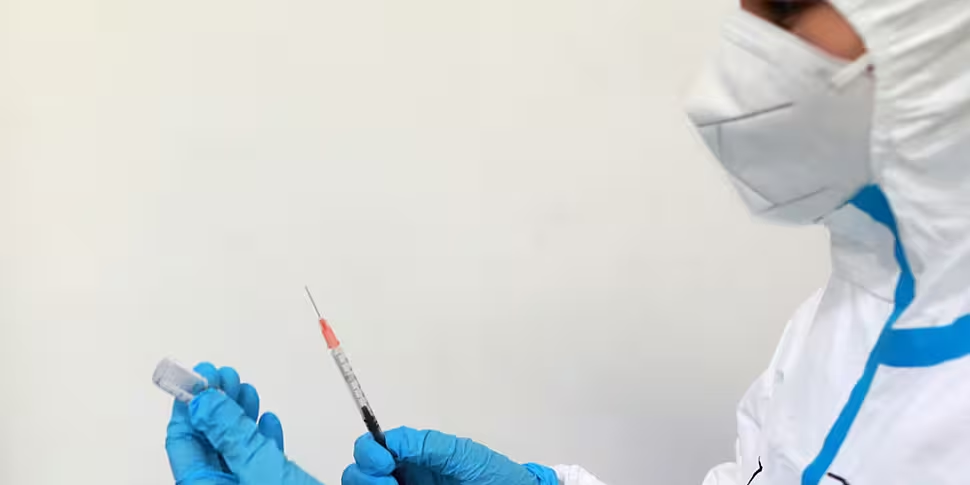A leading expert in immunology has said it is "naive" to think that a COVID-19 vaccine will eradicate the virus.
Paul Moynagh, Professor of Immunology at Maynooth University, said that "we need to be very careful" in treating the vaccine like a silver bullet.
However, he said it was vital there is a widespread uptake of a COVID-19 vaccine in order to save lives.
His comments come after a new survey revealed that just over half of people in Ireland would get a coronavirus vaccine.
The Ipsos MRBI poll commissioned by the Irish Pharmaceutical Healthcare Association found that 55% would get the jab if one was available.
Those aged over 65 were the most likely to take the vaccine, with younger people were the least likely.
Professor Moynagh told Newstalk Breakfast: "Its success will depend on how widely available the vaccine is, what the uptake is, how effective it is.
"The bar to get the vaccine to eliminate the virus is enormously high.
"I think the vaccine will be a really important contributor to dealing with COVID-19 and reducing its impact.
"But thinking that the vaccine is going to be released and it will be the panacea and is going to eradicate the virus is a very naive one.
"I think in terms of strategy going forward, we need to move beyond the vaccine whilst accepting that it will be a very important help to us."
He said that while it may seem like the vaccine is being developed very fast, all the safety measures are still intact.
He added that for the vaccine to be effective, it needs to have a high uptake of people being immunised.
Professor Moynagh said: "You would obviously like to get that figure as high as possible, maybe some people are worried that the speed in which we're moving, because generally when developing vaccines it's quite a long process taking a number of years.
"Prior to this, the fastest vaccine ever developed was for mumps, which was around four years.
"So maybe some people are worried at the speed we are moving but that shouldn't be a concern in terms of the process that is being followed.
"Obviously in terms of adhering to safety and measuring how safe the various vaccines are, that process is still intact."
Perceived risk
Professor Moynagh that the survey's findings on the disparity between age groups on their willingness to get the vaccine may be down to perceived risk.
He said: "I think younger people are maybe looking at their risk.
"Young people can certainly be infected but in terms of their susceptibility and their vulnerability to developing severe disease, there's a very large difference in terms of older people who are much more vulnerable, especially in terms of developing severe disease.
"In terms of perception of risk, older people are more vulnerable to developing severe disease and that may feed into older people being more likely to get the vaccine."
He added that we should know more within the next month on the effectiveness of the COVID-19 vaccine trials currently underway.
Professor Moynagh said: "We should know in the next four to five weeks and get some of the readouts from the phase three trials and then look at the data in terms of how safe and how effective these vaccines are.
"It's really important that we get a good uptake of these vaccines, and there probably will be more than one.
"The reason I say that is agencies like the WHO, they've defined success as vaccines that would give at least 50% protection.
"But if we've only got half the population taking a vaccine that is 50% effective, that essentially means we only have 20/25% of the population protected.
He added that a vaccine offers two types of protection, first the person who is vaccinated gets direct protection and the second is those who are not vaccinated but who benefit from herd immunity which would need to be at 60 to 70% to be effective.
He said: "So really, we need to get to as high an uptake as possible.
"It will get a challenge to get half of the population vaccinated, just in terms of how widely distributed the vaccines will be."









